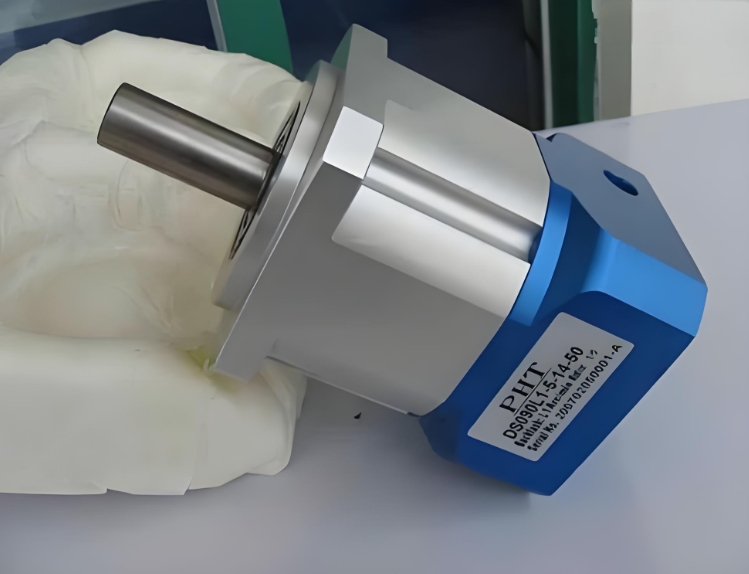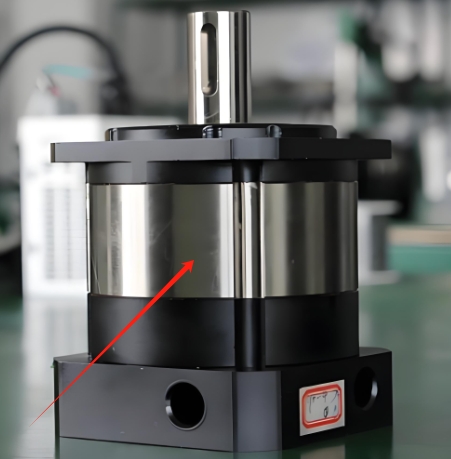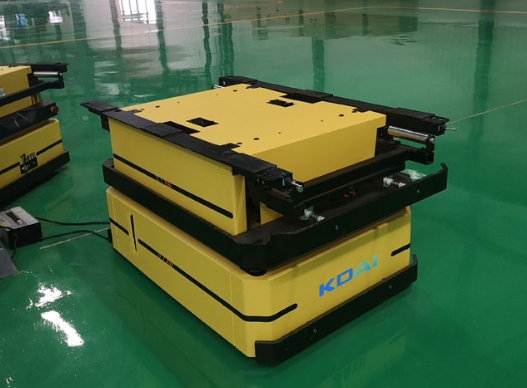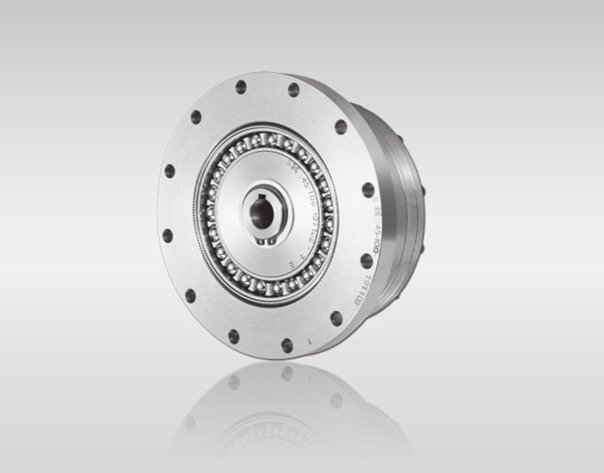
Harmonic drive reducers, with their unique advantages in energy efficiency, have found widespread applications in the industrial sector. The harmonic drive reducer, distinguished by its precise design and efficient performance, provides an outstanding solution for power transmission in various applications. The following is a detailed discussion on the energy efficiency advantages of harmonic drive reducers, with the article spanning approximately 800 words.
First and foremost, the notable energy efficiency of harmonic drive reducers is attributed to their distinctive operating principle. In contrast to traditional gear reducers, harmonic drive reducers employ the harmonic drive principle, utilizing flexible deformation of harmonic waves to achieve precise speed adjustments. This operating principle minimizes energy losses, enhancing transmission efficiency and enabling harmonic drive reducers to deliver higher output torque at the same power.
Secondly, harmonic drive reducers are designed for compactness and efficiency. In comparison to conventional reduction mechanisms, the structure of harmonic drive reducers is more compact, reducing friction and energy losses. This design not only contributes to improving the overall system efficiency but also makes harmonic drive reducers well-suited for industrial applications with limited space constraints.
High precision is another facet of the energy efficiency advantage of harmonic drive reducers. In many demanding industrial applications, such as machine tools, robotics, and precision devices, the high precision transmission of harmonic drive reducers ensures stable power delivery and reduces energy losses within the mechanical system. This high precision not only enhances system efficiency but also helps lower maintenance costs and extend equipment lifespan.
Furthermore, harmonic drive reducers exhibit significant energy efficiency advantages in sustainable energy applications. In solar and wind power generation systems, harmonic drive reducers, with their efficient energy transmission characteristics, improve the overall efficiency of the entire energy conversion system. This is crucial for advancing clean energy technologies, contributing to a reduced reliance on non-renewable energy sources.
In the manufacturing industry, the energy efficiency advantages of harmonic drive reducers support factories in achieving sustainable development. By reducing energy consumption and enhancing production efficiency, harmonic drive reducers aid in lowering the carbon footprint of the manufacturing process, driving the industrial sector towards more environmentally friendly and energy-efficient practices.
In conclusion, the energy efficiency advantages of harmonic drive reducers are evident in their unique operating principles, compact and efficient designs, high-precision transmission, and widespread applications in sustainable energy and manufacturing. With continuous technological advancements, harmonic drive reducers will continue to play a key role in improving energy efficiency, reducing energy waste, and bringing forth innovation and possibilities for sustainable development in industrial applications.
 English
English Deutsch
Deutsch Русский
Русский Español
Español

















Quote Now